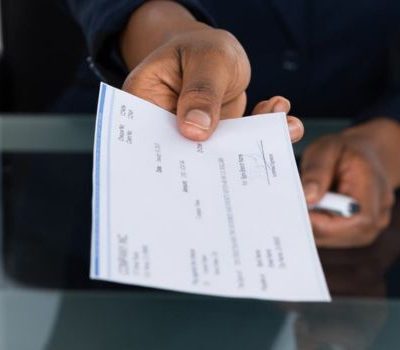When I first decided to start a business, I thought success would come fast. I imagined customers would show up as soon as I opened shop, and money would start flowing in within weeks.
Reality checked me — hard.
Like many Kenyans, I started with a side hustle while holding onto my 8-to-5 job. The fear of going broke was real. My first “big idea” was selling liquid detergent in bulk. I bought 50 litres, packaged them nicely, and told myself, “This will sell out in days.”
Weeks later, I still had half the stock. It wasn’t because my product was bad — in fact, customers loved it — but because I didn’t understand one crucial truth: in business, your product is important, but your distribution is king.
Lesson 1: Don’t Just Start, Strategize
Kenyans are hustlers. Every estate has someone baking cakes, selling thrift clothes, or making fresh juice. But most of us jump in without a plan.
I learned that before investing your hard-earned money:
-
Know your market (Who exactly are you selling to? Not “everyone” — be specific.)
-
Understand your costs (Include packaging, transport, marketing, and your time.)
-
Map out your sales channels (Will you sell door-to-door, through shops, online, or all three?)
A business plan doesn’t have to be fancy — even two pages in a notebook can save you from costly mistakes.
Lesson 2: Customer Relationships > Quick Sales
In Kenya, most customers don’t just buy a product — they buy trust. People want to know who they’re buying from. The best marketing tool I’ve used isn’t Facebook ads or posters — it’s conversations.
When you genuinely care about your customer’s needs, they’ll not only buy, they’ll bring friends.

Lesson 3: Start Small, Scale Smart
I once met a guy who borrowed Ksh 300,000 to start a boutique. He spent most of it on rent and renovations, leaving little for stock. Within six months, he closed shop.
The problem wasn’t that his idea was bad — it’s that he scaled too fast.
Start with what you can afford to lose. Test your product in small batches, learn what works, then reinvest profits to grow.
Lesson 4: The Kenyan Economy is Tough — Adapt
Inflation, taxes, unpredictable fuel prices — it’s a lot. But every challenge is also an opportunity.
When detergent prices went up, I introduced a refill system. Customers brought their own bottles, saving on packaging costs. They loved it, and I cut expenses.
Business in Kenya requires flexibility. Don’t be too attached to one idea; be ready to tweak your model when circumstances change.
Final Word: The Hustle is Worth It
It’s easy to get discouraged when the profits are slow and bills keep coming. But business teaches you resilience, creativity, and self-reliance.
If you’re starting out, don’t wait for perfect conditions. Start where you are, with what you have, and keep learning.
And remember — in Kenya, the most valuable currency isn’t money. It’s relationships. Build them well, and your business will thank you.
Boniface Juma: Geiha Ltd.





